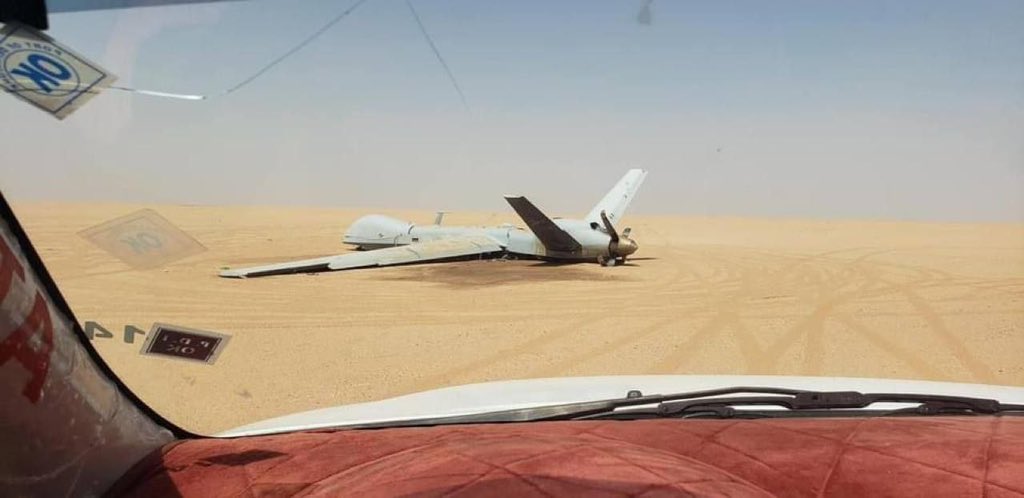SOURCE: AFI

The skies over Yemen seem to be raining Reapers, with the recent downing (or crash) of the sixth American MQ-9 Reaper drone by the Houthi rebels. This raises serious questions about the effectiveness and vulnerability of these unmanned aerial vehicles (UAVs), particularly in light of India’s planned procurement of 31 MQ-9 Reapers for a hefty $3 billion.
Houthi rebels in Yemen have been remarkably successful in downing American Reapers. This latest incident marks the sixth such event in just over a year, raising concerns about the drone’s survivability in contested airspace. The Houthis are believed to be using increasingly sophisticated Iranian-supplied air defense systems, posing a significant threat to these multi-million dollar machines.
India’s plan to acquire 31 Reapers for $3 billion faces scrutiny in the wake of these Yemeni developments. The vulnerability of the Reaper in semi-contested airspace raises questions about the platform’s value for money.
If India deploys these Reapers in a similar contested environment, they face a high risk of being shot down, leading to significant financial losses and potential loss of sensitive technology. India might need to consider alternative drone platforms with better survivability features or invest in robust counter-drone technologies to mitigate threats.
The recent events in Yemen could be used as leverage to renegotiate the deal price, considering the potential risks associated with the platform’s vulnerability.
India’s planned procurement of MQ-9 Reapers needs careful evaluation. The recent events in Yemen highlight the vulnerability of these drones in contested environments. India must prioritize cost-effectiveness, considering alternative platforms or investing in counter-drone measures. A thorough assessment is crucial before committing to such a significant investment.